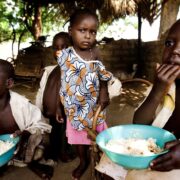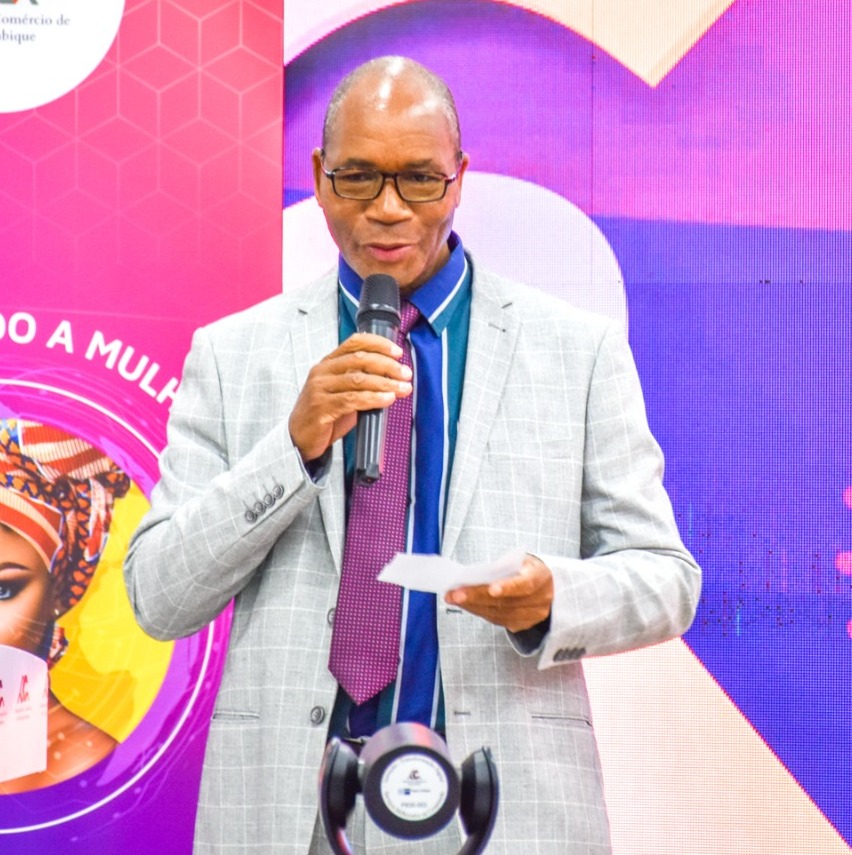“We are starting the 2024 financial year with a new grid of financial products focused on inclusion to be made available by a vast network with a physical presence in more than 30 districts of the country. And to ensure the efficiency of this network and the quality of the services provided, we are in the process of installing an infrastructure and software so that the procedures and products can be operated digitally.” This is how Adolfo Muholove, Chairman of Gapi’s Executive Committee, begins in an interview with DE, explaining the strategy approved for this year.
In this regard, Gapi’s CEO explained that by 2023, Gapi’s shareholders have mandated the executives to design and implement a set of measures that consolidate the institution’s role as an intermediary and fund manager to finance private sector development and with an impact on segments relevant to social and economic inclusion.
“Gapi has agreements and contracts with various institutions that trust us to manage their funds and implement projects that respond to their agendas and programmes. In order to better respond to this demand for our services, we have designed a new grid of products and credit lines that can accommodate the diversity of these agendas and programmes as long as they fit in with our strategy of investments with a social impact, in accordance with the institution’s mission,” he said.l
New products and services for… new needs
“Our financial services grid is now made up of six basic products: p. Firstly, we have the continuity and reinforcement of Gapi’s traditional intervention, which we call “SME Employers”, which includes investments of between 250,000 meticals (around 4,000 dollars) and a maximum of 12.5 million meticals (around 200,000 dollars). This client segment is vast, but we prioritise investments that not only create more jobs but also have a positive impact on local economies. Exceptionally, we can have operations with higher limits if we enter into partnerships with other organisations.”
“We have two other products focussed on social segments that need particular attention, namely the empowerment of women and the promotion of young people with an entrepreneurial vocation, which is why we have created specific “Empodera” and “Juve-Inova” products. These two products offer relatively favourable terms and conditions for women and young people.”
“A fourth product, aimed at offering a more appropriate response to the working capital needs of SMEs, is ‘SME Treasury’ financing. In this line we cater for the need for short-term funds, i.e. less than 12 months for businesses already underway.”
“As a development finance institution, we are aware of the importance of promoting a sustainable environment, which is why we now have the “Green Finance” product, through which we structure financing for operations with a positive impact on the environment.”
“But in addition to SMEs, we realise that there are tens of thousands of micro-businesses that are the basis of many families’ livelihoods and, in many cases, the starting point or birthplace of future SMEs and entrepreneurs.
This product – “Mola MicroNegócio” – is designed to fulfil two economic objectives. Firstly, to promote the formalisation of the economy, since access to this funding is conditional on proof of the legal licensing and registration required for each type of business. Secondly, through some specific lines within this product, we promote the incubation of start-ups with innovative services,” he emphasises.
A financing instrument for MSMEs
Even so, our institution’s stance is not to compete with banks, but rather to promote companies and entrepreneurs who, by being successful with our services, can become good bank clients. Furthermore, as an investment company, Gapi does not receive deposits from the public and so our clients must maintain bank accounts with institutions regulated by the Bank of Mozambique. We also have cases where we partner with banks through co-financing operations or by providing guarantee instruments.”
“We are aware that one of the main problems in accessing credit is the weakness of guarantees on the part of most entrepreneurs. Gapi also requires guarantees because anyone who takes on debt has to assume responsibility. However, there are ways to mitigate this weakness. Given the diversity of our credit lines, we have developed various solutions. There are situations, particularly in businesses with less exposure, where movable property is accepted. In the case of young people who have nothing, we try to identify someone who knows them and can act as a guarantor or surety, even if they are not under the financial terms of the credit agreement. In many cases, the owners of SMEs have real guarantees, but they are not registered or valued and there we have an assistance service to regularise their assets, making them bankable.”
SEE ALSO

Maputo: APRM Members Meet to Discuss Climate Change and Food Security
To summarise this grid, I’d like to stress that it was designed so that the resources made available by certain institutions, especially bilateral cooperation, have an impact on financial inclusion and, consequently, on more sustainable development. As the Governor of the Bank of Mozambique said a few days ago: ‘The country has a serious problem with financial inclusion. And there can be no inclusive and balanced economic and social development without dealing with financial inclusion issues’. Gapi has been focussed on this problem for decades and we are gaining experience and periodically updating our strategy, but always with the same mission”.
As for how to channel and deliver this grid of financial services so that it really has an impact on this national effort to achieve full financial inclusion, Gapi’s chairmans points to three instruments:
“Firstly, by adopting computerised tools. We have therefore installed banking software for professional management of the financing portfolios for these products, which is already working in all of our 30 or so units throughout the country. This tool is now being complemented with an application that will enable extensive digitisation of procedures and delivery of these products in a few months’ time.” Then, he continues, “these financial services are interconnected with business development services that we call Business Training and Consultancy. Some of the credit lines will be made available as part of projects that include this technical assistance. Improving our clients’ success record is an ever-present objective that we are enhancing with financial literacy activities.”
“Finally, in support of all this activity we will be launching an information dissemination platform geared towards Finance for Development under the acronym “Fin4Dev – Finance4Development”, a publishing project focussed on development, created and managed in partnership with Media4Development. a Mozambican publisher specialising in economic and financial information and owner of the titles Economia & Mercado Mozambique magazine and the Diário Económico and 360 Mozambique portals, with which we intend to create a space for information and debate on the Sustainable Development Goals (SDGs) and the recognised contribution that financial inclusion can make to boosting the achievement of the SDGs.
On this platform we will publicise and debate experiences and proposals for improvement so that Mozambique is more inclusive and there is more social justice,” concluded Adolfo Muholove.


